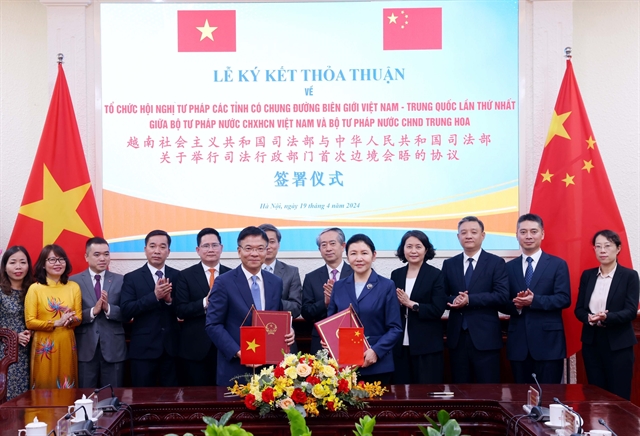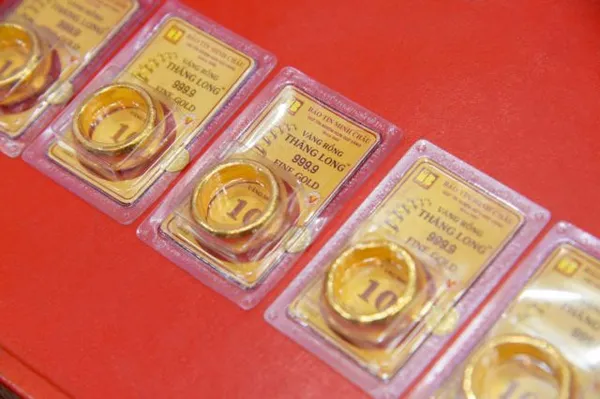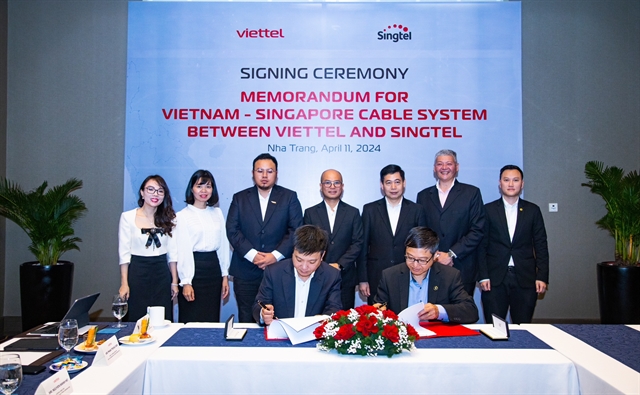 Media-OutReach Newswire
Media-OutReach Newswire

SHANGHAI,CHINA -Media OutReach - 04 July 2018 - China's strong air andocean trade will drive the country's overall trade growth once again in thecoming quarter, according to data from the DHL Global Trade Barometer released by DHL, theworld's leading logistics company. The country's overall index has increased to63 points, from 61 points in the last quarter.

The DHL Global Trade Barometer, an early indicator ofglobal trade developments calculated using Artificial Intelligence and BigData, shows that air imports are expected to be driven by Temperature orClimate Controlled Goods, Basic Raw Materials, Machinery Parts and CapitalEquipment while air exports are buoyed by trade in Machinery Parts and ConsumerFashion Goods. Ocean trade growth is predicted to reach 58 points, withPersonal & Household Goods continuing to dominate on the export front.
"We're beginning to see the effects of China's economictransition towards more value-added industries like technology and automotiveproduction, even as trade continues for raw materials necessary to theirmanufacture," said Steve Huang, CEO, DHL Global Forwarding Greater China.
"China's status as a technology innovator in its own right is continuing to gain momentum,powering its export growth for the second half of the year. The domesticappetite for consumer technology also continues to fuel trade for the country,with integrated circuit imports accounting for nearly 15 percent of imports inthe first four months of 2018.[1]Despite potential softening in some industries, we expect China's growth toremain stable as it pursues new trade opportunities along the Belt and Roadwhile continuing to invest heavily in local manufacturing of increasinglyinnovative products."
The DHL Global TradeBarometer's results alsosuggest that Asia Pacific is expected to uplift global trade growth in thecoming quarter, mainly driven by optimistic outlook for China, India and SouthKorea. Additionally, Japan continues to maintain relatively high rankings onthe index with promising forecast for the coming months. Strong growth in oceanfreight across Asia Pacific, coupled with steady or rising air freight trafficin the region's leading economies, is testament to the Asian economy's growthespecially in the areas of technology.
Developed jointly by DHL andAccenture, the DHL Global Trade Barometerprovides a quarterly outlook on future trade, taking into consideration theimport and export data of seven large economies: China, South Korea, Germany,India, Japan, the United Kingdom, and the United States. Together, thesecountries account for 75 percent of world trade, making their aggregated dataan effective bellwether for near-term predictions on global trade. The DHL GlobalTrade Barometer, which assesses commodities that serve as the basisfor further industrial production, predicts that global trade will continue togrow in the next three months, despite slight losses in momentum.
DHL -- The logistics company for the world
DHL is the leading global brand in the logistics industry. Our DHL familyof divisions offer an unrivalled portfolio of logistics services ranging fromnational and international parcel delivery, e-commerce shipping and fulfillmentsolutions, international express, road, air and ocean transport to industrialsupply chain management. With about 360,000 employees in more than 220countries and territories worldwide, DHL connects people and businessessecurely and reliably, enabling global trade flows. With specialized solutionsfor growth markets and industries including technology, life sciences andhealthcare, energy, automotive and retail, a proven commitment to corporateresponsibility and an unrivalled presence in developing markets, DHL isdecisively positioned as "The logistics company for the world".
DHL is part ofDeutsche Post DHL Group. The Group generated revenues of more than 60 billioneuros in 2017.









